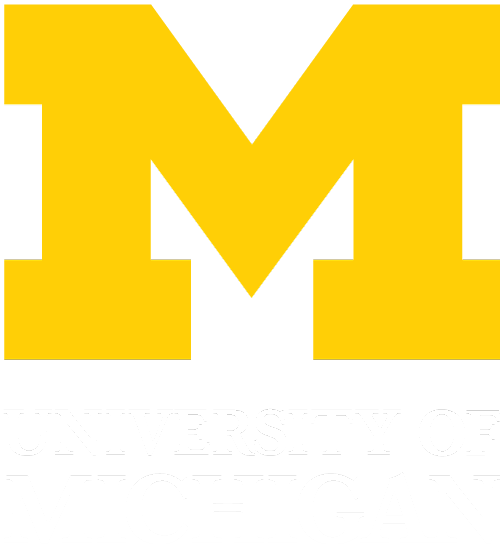Here's a snippet from the article:
Adding more tests to an instrument will necessitate new detection strategies that don’t require separating the sample into ever-tinier aliquots for each test. One promising approach came from Ryan C. Bailey, now at the University of Michigan, and Genalyte, a company he helped launch in 2007 to explore the blood-testing potential of a technology based on silicon microring resonators.
When light circulates in a cavity, the light waves that are in phase resonate, amplifying the signal. It’s the optical equivalent of rubbing a finger on the rim of a wine glass to create a resonant sound wave. Altering the volume of wine in the glass changes the pitch of the note. This concept led Bailey and his co-workers to carve picometer-wide rings into silicon chips that they stud with antibodies to blood components like proteins, nucleic acid disease markers, or pathogens. When the antibodies bind to antigens like these in a blood sample, the bound molecules change the refractive index of each ring’s resonating light and, thus, the color of the amplified light.
The technique is sensitive and inexpensive, but what is most promising about the technology to Bailey is that it can detect many antigens at a time. Genalyte’s chips each currently hold 128 rings, and a 250 μL sample “goes over all sensors in one shot”, says CEO Gunn. Clinical studies by the company show that capillary blood works as well as venous blood with the chips.
Their first target for commercialization is a chip including the 20 or so protein tests that a rheumatologist would commonly order to help diagnose autoimmune diseases such as lupus; the company is working on getting FDA approval for this device.

